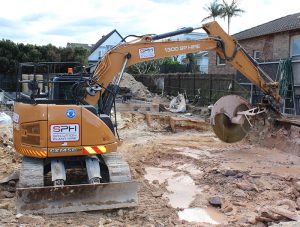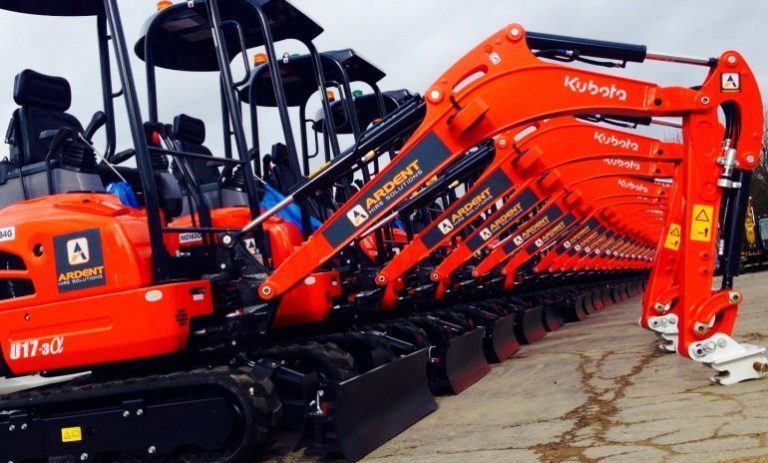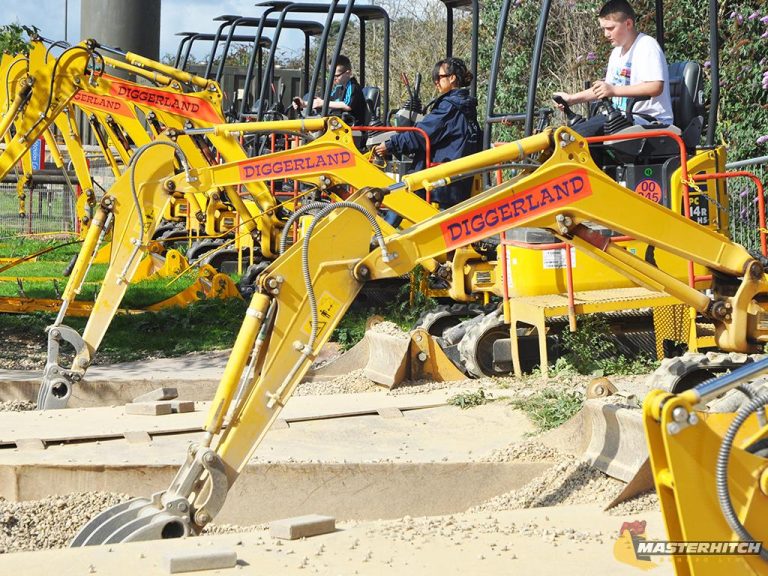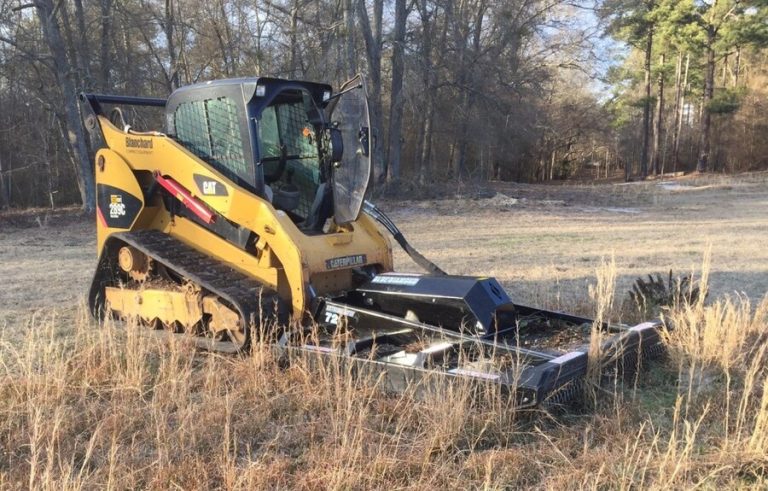Production Without Waste, A Call for MB Crusher
var addthis_product = ‘wpp-262’;
var addthis_config = {“data_track_clickback”:false,”data_track_addressbar”:false};if (typeof(addthis_share) == “undefined”){ addthis_share = [];}
Connectivity is a defining feature of the modern economy. Mb Crusher units are actively invested in linking communities, economies, and countries.
The economy needs more infrastructure to connect supply chains across borders, and households across metropolitan areas. However, building housing, transportation, water, sewage, public facilities, and other necessities can be expensive and now we are facing huge delays due to the global shortage of materials.
Without adequate infrastructure, the economy cannot flourish. Without materials, connections cannot be built.
The above statement seems a catch-22, however, the solution is simple and can be summarized in this sentence. Infrastructure: Do more with Less.
How did we come up with this notion? By watching what our clients did to overcome the shortage. We saw how they used resources efficiently. How wastage was avoided.
The results are amazing, they reduced construction costs, avoided waiting for supplies to arrive, and used the carrier machine already part of their fleet to do so and one of our attachments.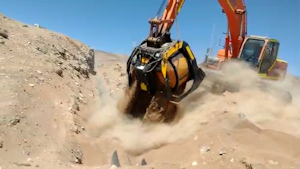
How trenching is done without purchasing filler material
In the Cerro Negro mine in the Atacama region of Chile, 50 miles of trenching across the desert has been done without having to purchase and transport the sand needed to fill the trench. The client attached an MB-S18 screening bucket to the Doosan DX225LC to repurpose the excavated material into the filler. Huge savings paired up with a speedy execution of the job, as well as being environmentally friendly. On-site processing not only reduces the number of trucks but also avoids contamination of material coming in from outside the region.
Watch a Video:
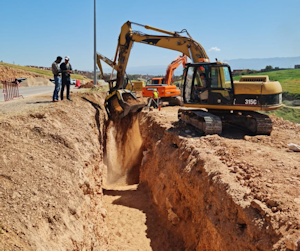 How urban piping is done in complete safety
How urban piping is done in complete safety
In Agadir, a port city in Morocco a new water pipeline has been created across the city. In the Saharan climate is fundamental that the reconstruction of this pipeline of drinking water is done quickly with the maximum safety for the workers. Manual separation of the excavated material would not only take too long, but it would have been risky, and the material obtained would not have been consistent. By employing an MB-S18 screening bucket and using the Doosan 240 at the site, the excavated material has been sifted obtaining uniform graded material, moreover, the MB’s attachment has improved the speed and safety at this job site.
Watch a Video:
Cut costs while preparing tons of railways ballast
The development of the railway infrastructure network enhances economic developments, as a train line is used to transport goods and facilitate commuting and tourism. A huge amount of track ballast is needed to make new rail lines, as its layers hold the track in place as the trains rollover, also it facilitates drainage of water and also restrains vegetation growth.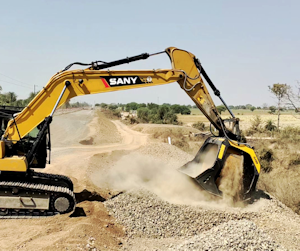
We saw how in India and Italy our customers managed to prepare a great pile of clean crushed rocks ready to be laid for the new rail tracks, all done reusing materials available. Cleaning the rocks makes the process cost-efficient.
In India, they used the Sany SY220 and an MB-S18 screening bucket during the actual construction, while in Italy the same rotary bucket model was mounted on a Hitachi EX215 to sift at the quarry, salvaging materials and loading the truck in one unique motion.
Watch a Video:
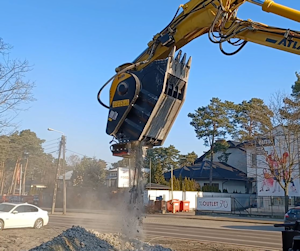 Maintenance of the railway that connects Warsaw to the nearby Polish regions provided the customer with many unused old sleepers. He bought a mobile jaw crusher bucket BF70.2 for his Atlas 1604 excavator and began to reduce the railway sleepers, obtaining crushed material that can be used as a sub-base for the ballast.
Maintenance of the railway that connects Warsaw to the nearby Polish regions provided the customer with many unused old sleepers. He bought a mobile jaw crusher bucket BF70.2 for his Atlas 1604 excavator and began to reduce the railway sleepers, obtaining crushed material that can be used as a sub-base for the ballast.
Waste nothing is the key to success. Let’s build the future together. It is fast. It is easy.
